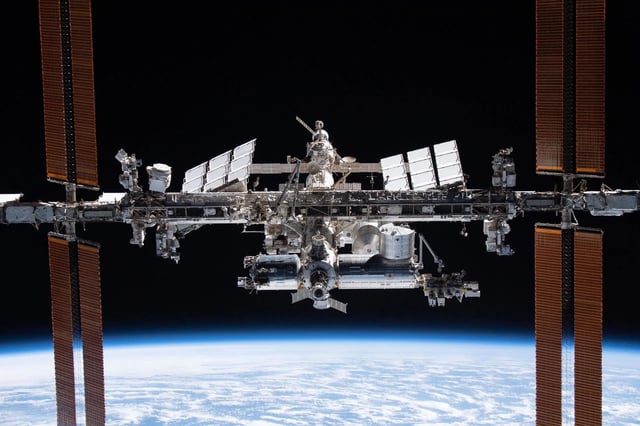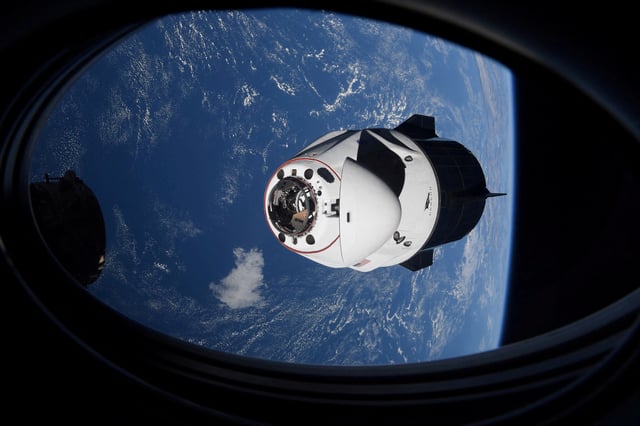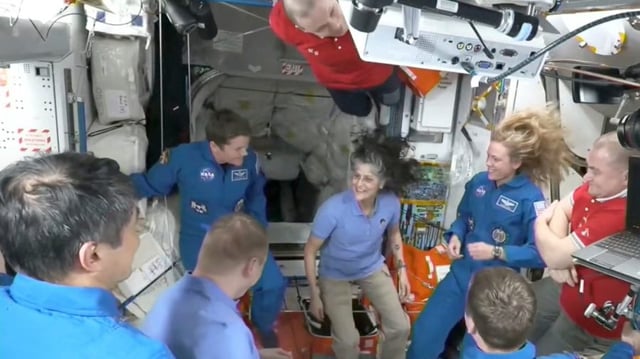Overview
- Peer-reviewed results in Cell Stem Cell detail a donor-matched study that cultured hematopoietic stem and progenitor cells on the ISS for 30–45 days across four SpaceX resupply missions.
- Compared with matched ground controls, space-exposed cells lost regenerative capacity and showed increased DNA damage with telomere shortening.
- The cells exhibited mitochondrial stress and activation of normally silent regions of the genome often described as the dark genome.
- Many adverse changes lessened after return to a young, healthy environment, indicating partial reversibility of space-induced effects.
- Responses varied by donor, and researchers are now probing resilience factors using samples from a SpaceX resupply flight that launched last month.


